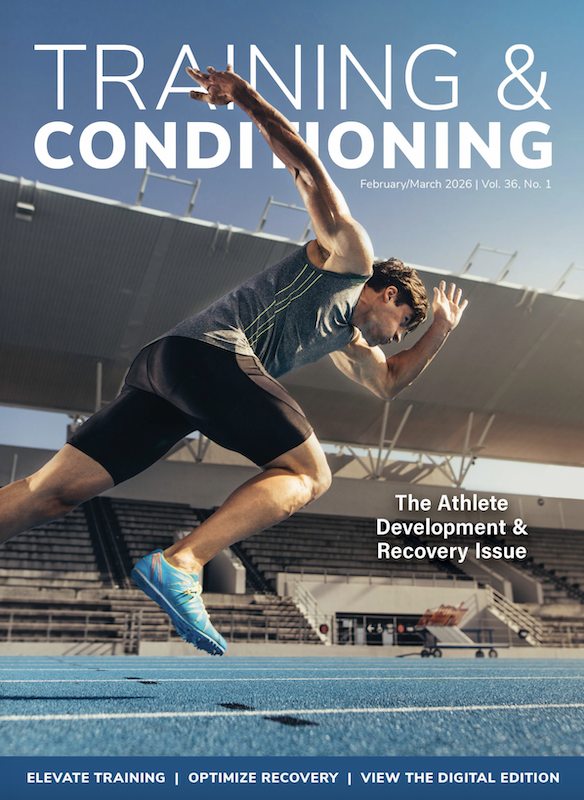Sep 30, 2024How sports-related stress affects college student-athletes’ nutrition habits
A recent study suggests that when college athletes are not taking care of their nutrition, they suffer failures both in the classroom and on the field.
Emily Lundstrom and Nancy authored the study, ‘Interrelationships between stress, eating, attitudes, and metabolism in endurance athletes across a competitive season,’ and found that sports-related stress during preseason and the peak of their sports season — highlighting the most intense training periods.
 A recent story from Muscle & Fitness detailed the study and its findings. Below is an excerpt from the Muscle & Fitness article.
A recent story from Muscle & Fitness detailed the study and its findings. Below is an excerpt from the Muscle & Fitness article.
Both authors came to the research with a background in college sports themselves. By observing 53 NCAA Division I endurance athletes, including swimmers and distance runners, they recorded the physiological and psychological characteristics of each participant, measuring body composition, mass, height, and metabolism, along with their mental health and attitudes to eating.
The experts discovered that sports related stress resulted in less healthy attitudes towards nutrition and this is, of course, completely counterproductive. Those with high levels of stress were less likely to consume adequate calories to cover their bodies’ basic needs. This phenomenon improved greatly during less stressful times such as the off-season however. “We thought it was noteworthy that in the off-season, many of the correlations broke down,” commented Nancy Williams, via the Penn State University website. “It is not as if the athletes are not training in the off-season; they just had more variability. Something about this training period disrupted the associations between sport-specific stress, eating attitudes and whether someone consumed enough food.”
These findings are important because the underconsumption of nutrients and calories will lead to negative outcomes both athletically and academically. College athletes expend a significant amount of energy and if not adequately fuelled, could find themselves injured or burning out under the pressure of exercise or exams. Other risks include serious eating disorders and even bone loss. For female athletes, further complications with their menstrual cycle could present themselves.
» ALSO SEE: ADHD, anxiety meds may increase risk of heat-related illnesses
“My experiences competing and then coaching these athletes — combined with learning the physiology behind many of the issues that I experienced or witnessed — really helped me bridge the gap between theory and practice,” said Emily Lundstrom. The hope is that by understanding the cyclical nature of stress, and developing new ways to mitigate the stresses felt by college athletes, it will lead to better results in terms of overall health, and what ends up on the scoreboard.
To read the full story from Muscle & Fitness about college athletes’ nutrition, click here.


